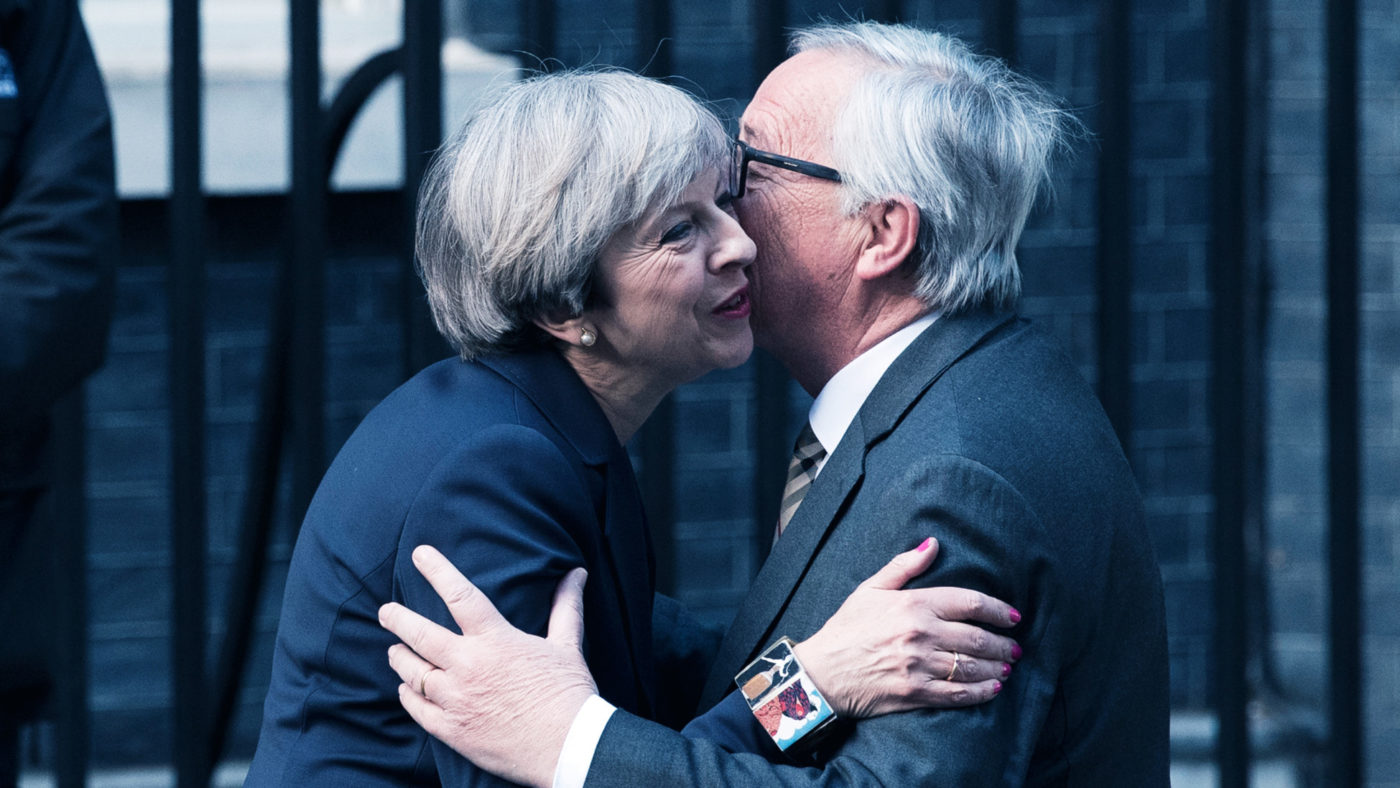Has the fishing industry been sold out? Has Northern Ireland been sold out? Has the UK offered to pay too much? Would the UK do well even if leaving the EU in a heartbeat? Sure, if you are strongly convinced that the net value of EU membership is negative – as I am – it might feel spontaneously tempting to answer all such questions affirmatively.
Still, politics is the art of the possible. In practice this to no small degree boils down to coming across as the most reasonable (balanced) alternative. Not least during the implementation phase. Which is why it would be self-defeating to leave in a way that appears rash to many people. Not because it would necessarily be either rash or wrong; but because if many voters are led to believe it is rash and wrong it empowers the Brexit obstructionists.
A quick glance at the history of political watershed moments quickly reveals that coming across as reasonable might have little to do with being reasonable. When pre-democratic MPs, for example, weighed the pros and cons and a majority nevertheless failed to support both universal suffrage and female suffrage they were not, in retrospect, particularly “reasonable”. So how was it possible that their stance, at the time, still came across as reasonable?
Because those defending the status quo exploited their massive powers of interpretation, just like now, while simultaneously twisting the narrative(s) in ways that suited the contemporary political narrative(s): “Poor people do not pay much tax, how would they understand how to prudently spend taxpayer money”; ”We need to protect our unspoiled women from the greasy arena of public life.”
It has arguably always been exceedingly silly to think that things will play out well after transferring the ultimate political and economic responsibility from domestic voters to an unelected “commission” in foreign lands. Which is why also the EU federalist narrative is destined to end up on the scrapheap of history. Then again, it remains a fact that a substantial portion of the UK population has for decades not only rooted for the foreign power structure led by an unelected commission; but even genuinely considered it the morally superior choice.
The point is that even if the EU federalists are the true radicals (they are) they have also been in control of the narrative for such a long time that it is the (back-to-basic) Leavers who need to be careful about not “proving” any federalist accusation.
Yes, the lack of strong leadership leaves a bland taste, especially for those of us who are fully convinced that Brexit benefits not only the UK but also Europe (as opposed to the EU). Especially since Theresa May’s approach appears to be less the result of an adopted tactic than the result of her simply yielding to the strongest pressure point(s) within the Conservative party. Still, given the internal party divisions it is hard to see how anyone could have pulled off more than a somewhat meek balancing act. Without being overthrown.
Credit should be given where credit is due. Theresa May has held together both her party and the government; during a period when a real Brexiteer probably would have been killed off through coordinated Labour/EU/SNP/Tory-Remainer attacks. Even if killed with boots on, gloriously, such a turn of events would certainly not have served the Brexit cause. Moreover, in one year the UK is free to negotiate free trade deals with other nations.
In 33 months, when the transition period ends, the UK electorate will be greatly empowered through the reintroduction of full democracy. Gradually the Brexit camp has also strengthened its hand. Partly while the EU federalist prophecies of doom have failed to materialise. Partly while their efforts to reverse Brexit – and thereby the will of the people – have proven double-edged.
Who would have thought, a year ago, that Michael Gove would again turn into a government Brexit force to be reckoned with; and that anti-Brexiteer Philip Hammond would be on the backfoot? Or that the progressive self-proclaimed “modernists”, those who for years have hounded every EU critic, would increasingly come across as the diehard has-beens?
It is possible to conclude that the cautious government approach has so far served the Brexit cause; while having thereby avoided the Remainer perception traps. The caution has moreover helped to set the stage for more determination going forward.
Up until recently chaos would have ensued had Theresa May walked away from the negotiations. However, today she would probably get away with it – if the EU negotiators keep pushing. If, for example, the latter maintain their political rather than pragmatic stance over the Irish border issue. Or if they keep up their self-serving disregard for the sentiments of the fishing industry communities. Or if they try to extend the current transition period.
Meaning that, by having accumulated timidity points, Theresa May has also accumulated the goodwill necessary to go tough. From now on she should if necessary.
At this point many Remainers are also impatient to move forward. As the need for caution has diminished, the government communication strategy should also be revised. Instead of offering guarded muddle the government should engage proactively in the perception battle. The case for Brexit is strong – even if many with skin in the EU federalist game will always refuse to see it. So it is time for a pro-Brexit government to say so.


